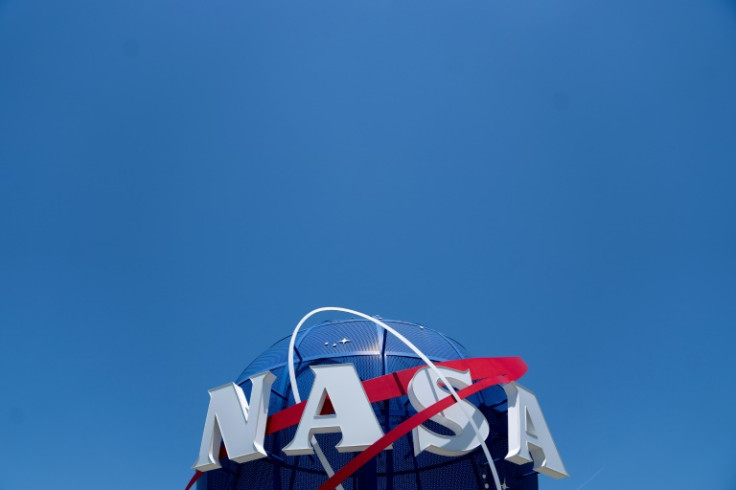Once hostile, NASA holds first public meeting on UFOs
An independent team of 16 scientists are due to report their findings in a report by the end of July.

The truth is out there -- but we're going to need to look harder.
Scientists at NASA's first ever public meeting on "unidentified anomalous phenomena" -- more commonly called UFOs -- called Wednesday for a more rigorous scientific approach to clarify the origin of hundreds of mysterious sightings.
The space agency announced last year it was analyzing observations in the sky that can't be identified as aerial or natural phenomena -- a subject that has long fascinated the public but was shunned by mainstream science.
An independent team of 16 scientists are due to report their findings in a report by the end of July, with Wednesday's working meeting a forum for its final deliberations.
"The current existing data and eyewitness reports alone are insufficient to provide conclusive evidence," astrophysicist David Spergel, chair of the study, said in livestreamed remarks.
"One of the lessons we've drawn is the need for more high quality data and data that is, measured with well calibrated instruments, multiple observations, and there's a need for high quality data curation," he added.
There have been more than 800 events collected over 27 years, of which two to five percent of them are thought to be possibly anomalous, said science journalist Nadia Drake, part of the study.
These are defined as "anything that is not readily understandable by the operator or the sensor," or "something that is doing something weird."
In a presentation, Sean Kirkpatrick, director of Pentagon's All-Domain Anomaly Resolution office, showed a new video of two distant dots moving back and forth on a screen, as recorded by a P3 military aircraft in the western United States, which became three dots.
The P3 was unable to intercept the dots, and the pilot reported the event. But later analysis revealed the objects were very far away and likely commercial aircraft on a major flight corridor.
"This is the kind of thing that can spoof and/or provide misperception of both very highly trained pilots, as well as sensors," said Kirkpatrick. "When they're not sure, they're reporting it now, and that's what they're supposed to be doing."
One example of a still unexplained phenomenon was a flying metallic orb spotted by an MQ-9 drone at an undisclosed location in the Middle East, added Kirkpatrick, replaying a video first shown to Congress last month.
"This is a typical example of a thing we see most of. We see these all over the world, and we see this making very interesting apparent maneuvers."
While NASA probes and rovers scour the solar system for the fossils of ancient microbes, and its astronomers look for signs of intelligent civilizations on distant planets, this is the first time NASA is investigating unexplained phenomena in Earth's skies.
The agency's posture in the past was to "debunk" such sightings -- reinforcing the stigma over the hunt for alien life.
Several of the study's scientists have been subjected to online harassment as a result of their participation in the panel, revealed Dan Evans, who is coordinating the research.
"It's critical to understand any form of harassment towards our panelists only serves to detract from the scientific process, which requires an environment of respect and openness," he added.
NASA's work, which relies on unclassified material, is separate from a Pentagon investigation, though the two are coordinating on matters of how to apply scientific tools and methods.
"To date, in the refereed scientific literature, there is no conclusive evidence suggesting an extraterrestrial origin for UAV," summarized Drake.
© Copyright AFP 2025. All rights reserved.





















